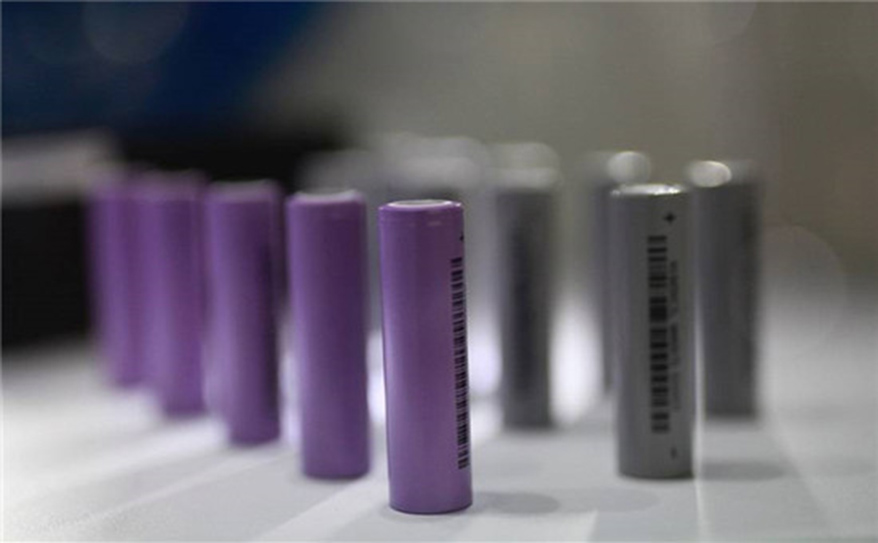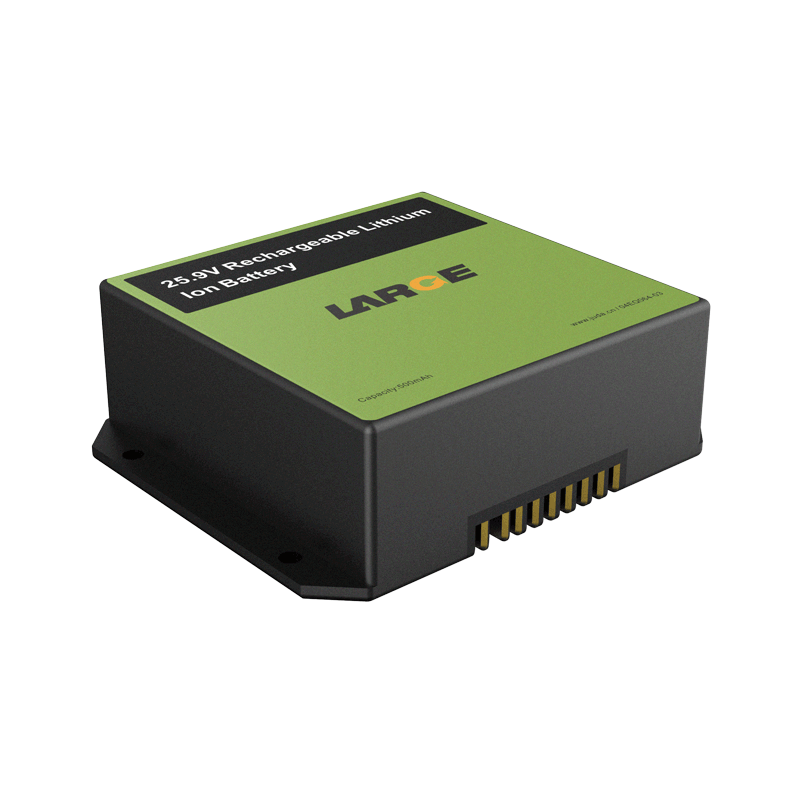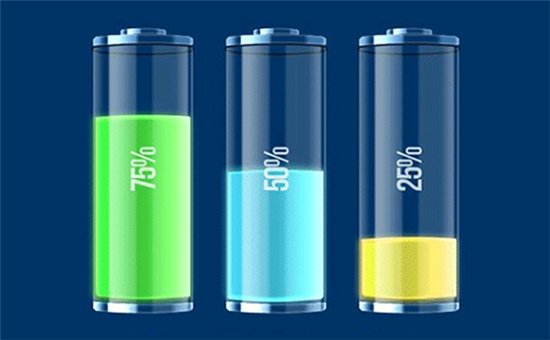18650 Battery Voltage Introduction
May 24, 2019 Pageview:1666
For starters, you need to understand that 18650 is a cell type, not an entire battery. It is commonly used in laptop computer batteries, electric cars, e-bikes, LED flashlights, electronic cigarettes, etc. The 18650 batteries are basically rechargeable cells which are used in the high-performance electronics.
Remember that a single 18650 is a cell and the group of 18650 cells makes a battery. It is the battery which is capable of powering a device safely using a self-contained system. As Lithium is chemically reactive, the 18650 cell needs an additional regulation circuit so that it can be operated safely. And all the 18650 batteries are secondary cells.
The primary cell is not rechargeable. It is the secondary cells which can be recharged over and over again until it wears out completely. So, let’s explore more about the Lithium-ion batteries which are very common nowadays.

18650 Battery Alternatives:
If you look closely, you will realize that the top companies who manufacture the 18650 batteries involve the popular brand names like Panasonic, Samsung, LG, Sanyo, etc. They manufacture all kinds of batteries which are long-lasting and fit all 18650 compatible devices. There are also Chinese knock-offs available of the batteries which are cheaper but they are less reliable and have a shorter life span.
As the batteries must be well-protected, you need to be aware of the batteries which have small circuits and they don’t fit some electronics. Instead of using these fake batteries, you are better off with the branded ones. The high-drain batteries are much safer as they are specially designed to be used by high-current devices. In addition, they can last for more recharges which make them more useful. You can use any of the brand’s 18650 batteries according to your preferences.
However, our top choice is Orbtronic cell which has a high capacity of 3100mAh and it can maintain the voltage until it is fully drained. Some basic rules for Lithium-ion batteries are followed by every manufacturer, such as:
· Don’t charge the batteries over 4.2 volts
· Don’t discharge the batteries below 3.0 volts
· Limit the charging current to .5 C
· Limit the discharge current as specified
· The temperature is also specified for every battery.
· Monitor the cell voltage with tester for balance.
· Consider the capacity and charge cycle lifespan
· Consider the short circuit protection
· Consider the physical protection of the battery pack
· Don’t forget the individual cell disintegration issues.
All these points must be focused on when you are purchasing 18650 batteries. All aspects of the battery should be intact to ensure the safety of the customers.

18650 Battery Voltage Range:
One of the best things about the 18650 batteries is that they can be recharged over and over again for a very long time. For most of the Lithium-ion batteries, the complete range for voltage is somewhere in between 2.5 to 4.2 Volts. It is recommended not to charge the batteries past 4.2 volts. The 18650 cells are usually rated at 3.6 and 3.7 volts. It is the average volt which needs to be maintained even during a discharge. Most of the people avoid going below the 3 Volts point. If you pass up or go down from the range, it will result in heat generation, smoke, explosion, or fire.
As you can see, keep this mind that you should avoid going below 3 volts during discharge and above 4.2 during charging. Additional information related to 18650 batteries is given below to help the people understand them well.
Shape:
The 18650 batteries are thin, flat sheets of metal which comprises anodes and cathodes of the cell. It is shaped like a jelly roll which allows the lithium ions to move within these layers. The roll is jammed into a hard steel cylinder which is later capped with the positive pole.
Packs:
All 18650 cells are assembled into a battery or battery pack. It is the battery’s protective circuit layer which handles the functions like overcharge protection and load balancing.
Size:
The ideal 18650 battery has almost the same size as those of Lithium-ion batteries. If you’ve ever held one battery in your hand, you might have noticed that it has the same shape but slightly larger than AA batteries. The nomenclature of the batteries is determined by their size. The 18650 batteries have 18mm diameter and 65mm height. That’s why the name is specified as 18650 batteries.
Specifications:
The specifications include the capacity of the 18650 cells which is measured in mAh and the maximum continuous discharge which is measured in Amperes. When the users select the battery type, one of the features is favored according to the requirements. The high-capacity batteries have a low maximum continuous discharge. And the high-amp batteries have a slightly low capacity. Typically, the ideal battery capacity would be ~3500mAh and the amp would be 30A.
Improvement:
Usually, an 8% improvement in the Li-ion battery capacity is noticed every year. The new generation of batteries aligned with the new chemical paradigms gives an exponential growth to the field.

18650 Battery Voltage Tester:
Having a battery tester in your toolbox is very important as it will measure the 18650 battery voltage accurately. The tester is an electronic device which is designed so that the state of an electric battery can be tested. The resulting voltage on the battery tester displays the overall condition of the battery when it is compared to the healthy battery’s output.
The new or fully charged 18650 batteries or cell has a yield between 30 to 60 MilliOhms in the AC approach. In the equivalent DC approach, the yield will vary from 100 to 139 milliohms.
Thus, if you need to buy a Lithium-ion battery or a battery tester, you can contact the large power. They are industry provider of lithium-ion batteries for the last 17 years. It is the maximum reliability and safety which makes them a leading manufacturer of the custom Lithium-ion Battery Pack.
- Prev Article: Proper Care of Lithium Ion Batteries
- Next Article: How to Discharge a LiPo battery?
Leave Message
Hottest Categories
-
Hottest Industry News
-
Latest Industry News









